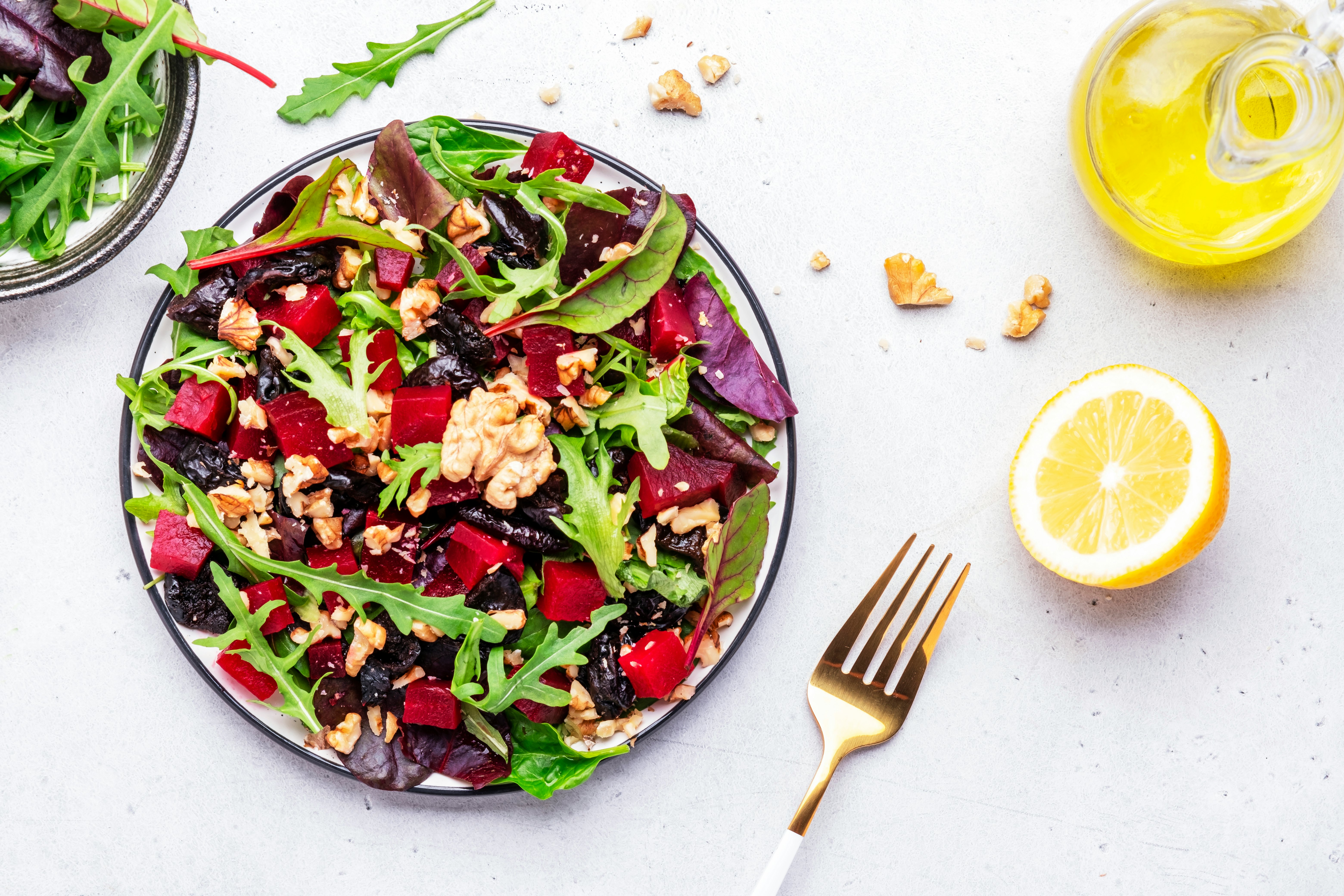
The benefits of a diet rich in fruits and vegetables are by this point well known. Eating vegetables three times a week can slash risk by more than 50 percent for illnesses like heart disease, irritable bowel syndrome, and gastrointestinal illness. Eating more than one large apple, orange, or similarly sized fruit of around 80 grams per day was linked to a 24 percent reduction in all-cause mortality in one 2022 study. Even consumption of just apples and bananas three to six times a week showed a 57 percent decrease in all-cause mortality. Now, you may add kidney health to that list.
Published this week in The American Journal of Medicine, this paper by researchers in Texas and Massachusetts details a randomized controlled trial of 153 patients with hypertension and chronic kidney disease who received one of three interventions. The results clearly show that fruits and vegetables are a huge help to lowering hypertension and risk of worsening kidney or heart disease.
Over 5 years, one group received pharmacologic treatment as usual, another used 2 to 4 cups of daily fruits and vegetables as treatment, and a third took oral capsules of NaHCO3, or baking soda (to “match the alkali content of the fruit and veggies”). While kidney disease progression slowed more in patients taking baking soda or fruits and vegetables than in patients who received usual care, the researchers found that patients eating a produce-rich diet also had lower blood pressure and lower heart disease risk than the other two groups. In other words, a diet full of fruits and vegetables also imparted heart-healthy benefits that neither usual care nor baking soda tablets provided.
We’ve long known that a diet with plentiful fruits and vegetables is beneficial for those with hypertension
We’ve long known that a diet with plentiful fruits and vegetables is beneficial for those with hypertension. Also known as Dietary Approaches to Stop Hypertension (DASH), this diet is typically recommended as a first response to primary hypertension and effectively reduces blood pressure. However, this research contributes the finding that this diet also helps protect against kidney and heart disease.
Fruits and vegetables help reduce the amount of acid in our diet. As the paper notes, acid- or base-producing foods in our diets influence kidney and heart health. Animal-based foods, especially meat, tend to yield acid while plant-based foods produce bases. High dietary acid is linked to increased incidence and progression of chronic kidney disease and increased heart disease risk (hence the effectiveness of baking soda). However, we can reduce our amount of dietary acid by adding base-producing fruits and vegetables, or taking baking soda, which is also base producing.
This paper emphasizes that fruits and vegetables should be foundational — or primary — treatment of primary hypertension and chronic kidney disease. Not to mention, an all-around healthier life.

.png?w=600)





